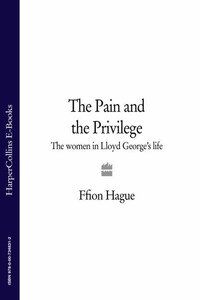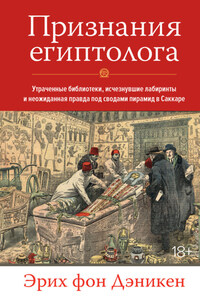No one who grows up in Wales can escape the long shadow cast by David Lloyd George. In a country that loves heroes, the ‘Welsh Wizard’ and his mythology are still a potent force. ‘Lloyd George knew my father,’ runs the old song, ‘…and my mother,’ goes the unspoken second line, with a wink. To Conservative politician Lord Boothby, Lloyd George was ‘an artist expressing himself through the medium of politics…the greatest creative force I have ever come across’.>1 Women found him compelling in a different way: ‘He could make anyone a friend of his. He had all the gifts and he could get his charm over to anybody and they would, as you know, worship him,’ according to his mistress.>2
Intrigued though I am by Lloyd George, I have always found his first wife, Margaret, equally compelling. Maggie Owen was raised a God-fearing, Calvinistic Methodist, a Welsh-speaker and patriot. My original intention was to write a biography of this Welshwoman, to explore and understand how she made the journey from rural North Wales to Downing Street. I wanted to know if she felt overawed by her aristocratic and royal acquaintances, if she enjoyed her role in public life, if she regretted leaving Wales, and, above all, what price she paid for spending her life with an extraordinary man.
I was prepared to admire Margaret: it is difficult not to. She was a woman who took every opportunity to serve her beloved Criccieth and the wider community she came to represent during the country’s darkest hour. She was in some ways a conservative woman. Raised during the reign of Queen Victoria, she claimed home and hearth as her natural territory. In the early years of marriage she considered raising her children to be her career, and she was a late convert to the cause of female suffrage. Yet because of the man she married Margaret was presented with opportunities that took her far beyond the life she had anticipated for herself. She became immersed in her husband’s political career, and proved herself to be a formidable campaigner and speech-maker. When she found herself propelled into 10 Downing Street, this daughter of a North Wales farm had the wisdom and confidence to interpret her role anew, making it her own and, in the words of her brother-in-law, ‘showing the world what a home-loving wife of a Prime Minister could do’.
In undertaking the initial research for the book, I discovered that Margaret’s story would be incomplete without considering the other major player in her marriage: her husband’s mistress, Frances. Frances was as English (or, at least, non-Welsh) as Margaret was Welsh. She was a young Edwardian girl with nothing, it seemed, in common with Lloyd George. How could he share his life with two such fundamentally different women? As I learned more about Frances, I realised that she too had lived an extraordinary life. I began to appreciate that it had taken considerable courage for her to put her love of Lloyd George above conventional respectability, and to live her life according to her own interpretation of freedom and emancipation. Frances was a groundbreaking woman too. She gained a degree in Classics, became the first female Private Secretary to a British Prime Minister, was an eyewitness to some of the most momentous events of the twentieth century and the confidante of a great statesman.
To my initial surprise, I found that I had empathy with Frances too. When I joined the Civil Service in 1991 as a fast-stream graduate entrant I took it entirely for granted that I could, potentially, rise to the top of my profession. I wondered what it had been like for Frances when she started working at the Treasury. She became the most senior woman in Downing Street—not entirely through her professional efforts, it must be said—but she proved to be more than capable, and was offered a permanent position as a civil servant when her ‘Chief’ left office. Frances was absolutely right when she wrote of her role as Private Secretary, ‘There is perhaps no other profession in which there are so many occasions when a woman might let her employer down…If she makes a mistake, it is probably her employer who will suffer.’








